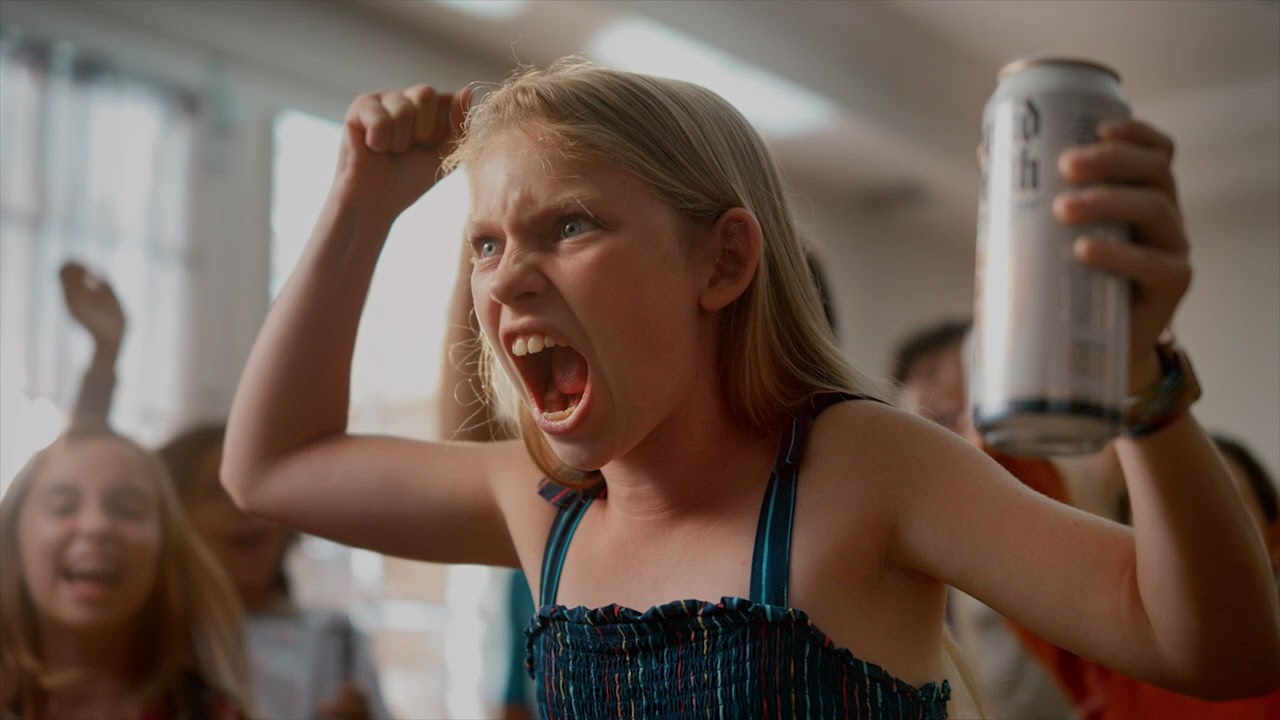When it comes to branding, you might assume that positive, aspirational brand names always win over customers. However, in certain industries like craft beer, cannabis, and canned water, the opposite is true. By 2012, the Big Beer triumvirate of Anheuser-Busch, InBev, and MillerCoors, had absorbed so many smaller US beer brands that they controlled over 90% of the North American market. A recent study from the University of Wisconsin-Milwaukee, which analysed data from the beer review site Beer Advocate, from 1996-2012, found that craft breweries, known for their independent and artisanal nature, adopted a branding approach that pushed back against mass production.
They stood out from traditional big beer brands with names that would typically evoke negative emotions, such as “Ugly Pug” or “I Hate My Boss Coffee Stout”. These names reflected the independent spirit of the craft beer movement and served as proof-points for authenticity. The study suggests that the name of the beer was sometimes more important than its taste in capturing consumers’ attention and imagination. This approach aligns with the psychological phenomenon known as the Van Restorff effect: that people are more likely to notice and remember things that stand out from the crowd.
The booming branded cannabis industry, with its complex legal landscape and evolving cultural perceptions, has also embraced unconventional approaches. Many cannabis strains are known for their unique and provocative names, such as “Unicorn Poop” or “Grandpa’s Breath”. With cannabis only partially legalised in certain US states, and still illegal under federal law, these brand identities reflect the ideologies of the cannabis counterculture, which challenges traditional norms and values. But rebel brands with oppositional brand identities need more than just a cool name. Today’s consumers expect authenticity and counter-normative attitudes and behaviours from their chosen brands.
A perfect example is Liquid Death, the canned water brand that shattered all convention. Liquid Death took inspiration from heavy metal and targeted young men who were previously not a demographic for bottled water brands. Launched in California in early-2019, under the tagline “Murder Your Thirst,” Liquid Death sold water through its website in tallboy beer can packaging, featuring metal-inspired art direction and jaw-dropping social media content. In just four years, former advertising creative director and founder Mike Cessario has grown Liquid Death’s annual revenues to $120 million, amassed 1.3 million Instagram followers, and secured a second round of investment funding with a market cap of $700 million.
Before Liquid Death, water brands were essentially the same plastic or glass bottles, with pastel blue or pink logos, mountain peaks and trickling springs. Liquid Death, on the other hand, doesn’t feel like it belongs in the same supermarket aisle as Evian, Dasani, Aquafina, or other run-of-the-mill water brands. Instead, it has taken its cues from energy drinks and skateboarding. The brand’s first ad, which portrayed water as a deadly substance that kills innocent surfers, snowboarders, and kayakers, garnered over five million views on YouTube. From there, Liquid Death quickly gained a following on social media by creating engaging, irreverent content rather than simply trying to sell water. The brand also sponsored punk and metal tours and executed a series of PR-worthy stunts, such as selling a limited range of skateboard decks painted with real blood from skateboarding legend Tony Hawk.
Suddenly, cool kids everywhere were drinking water from tallboy cans that looked like beer cans. Beneath the hardcore surface, Liquid Death has also made a savvy sustainability play without resorting to the usual environmental messaging. For instance, the brand’s #DeathToPlastic campaign praises aluminium as being infinitely recyclable. While Liquid Death’s online merch store features Cutie Pollutie plush toys that raise funds for fighting ocean pollution, depicting “adorable ocean friends that have been mutilated by single-use plastic.” This smart sustainability approach sets Liquid Death apart from its competitors and exemplifies differentiation at its finest.


